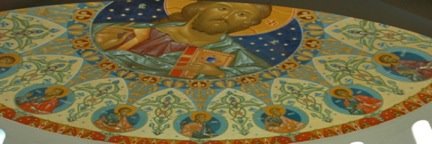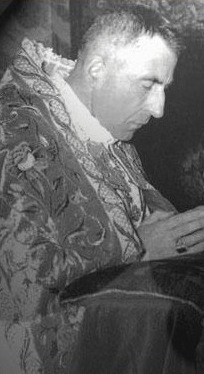
By Simon Caldwell
LONDON (UK Catholic Herald) - The Pope is to waive his own rules so he can preside in person over the beatification of Cardinal John Henry Newman during a papal visit to Britain next year, according to sources close to the Vatican.
Pope Benedict XVI will personally take charge of the ceremony to declare the Victorian convert Blessed when he visits England in early September at the invitation of Gordon Brown.
The Pope has previously insisted that all beatifications are carried out by a Vatican official in the diocese in which the candidate died, which in Newman's case is Birmingham.
But because the Pope has such a strong devotion to Cardinal Newman and his theological writings he has decided to break his own rules and beatify the cardinal himself.
Archbishop Vincent Nichols of Westminster refused to either confirm or deny the report: "The details of the Pope's visit are far from clear," he said. "What is clear is that the Holy Father has a great and long-standing devotion to Cardinal Newman and the beatification of Cardinal Newman is due."
Fr Ian Ker, author of the definitive biography of Cardinal Newman, said: "By breaking his own rules Pope Benedict clearly shows he regards Newman as a completely exceptional case, one of the great theologians of the Catholic Church. Many of the popes have been anxious to canonise Newman. They look to him as a man who welcomed modernisation but in fidelity to Church authority and in continuity with the traditions of the Church."
Pope Benedict announced the beatification in July after Vatican theologians ruled that the inexplicable healing of Jack Sullivan, an American with a severe spinal condition, was a miracle brought about by praying for help to Cardinal Newman.










































